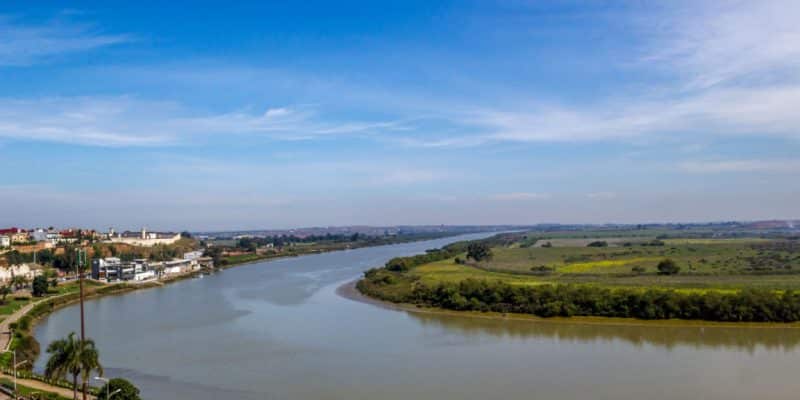In Morocco, the Sebou Water Basin Agency (ABHS) is launching a plan for the integrated management of its water resources. This programme includes several projects that will be carried out over 30 years.
The agenda of the Sebou Water Basin Agency (ABHS) for the next 30 years is known. The Master Plan for Integrated Water Resources Management (Praide) was recently adopted by the board of directors of the Moroccan agency, based in Fez, Morocco. This programme aims to secure the supply of drinking water and irrigation in the Sebou basin, which covers an area of 40,000 km2, with an estimated population of 6.2 million in 2021.
The PRAIDE includes several projects planned by the ABHS to achieve the objectives set by 2050. These include the rehabilitation of drinking water supply systems to achieve 98% coverage by 2030.
Drip irrigation on 422 503 hectares of land
The agency plans to switch to drip irrigation on more than 422,500 hectares of agricultural land in the Sebou basin. This technique will reduce the use of groundwater for agriculture by 50% by 2030. The ABHS is also focusing on rainwater harvesting and the reuse of treated wastewater, two solutions already explored in several regions of Morocco.
The master plan for the integrated management of Sebou water resources also includes de-silting work on the Al Wahda (3.8 million m3) and Allal Al Fassi (1.3 million m3) dams. The aim is to reduce the effects of silting (a deposit of fine sediments made up of rock particles and silt or clay, editor’s note) of these infrastructures by 15 to 20% by 2050.
Read also –
In the Sebou basin, pollution is also an obstacle to the preservation of water resources. “We aim to reduce this phenomenon of insalubrity by 70% over the next 30 years,” says the ABHS.
The PRAIDE also addresses the management of natural disaster risks, notably floods and drought. Thus, the ABHS plans to put in place, by 2030, preventive plans for areas at risk, as well as integrated forecasting and warning systems against these disasters, mainly floods.
Inès Magoum







